A safe workspace for rural women: UN Women and AGRIKCOM in Kongo Central
UN Women visited the village of Kwakwa, Kongo Central with AGRIKCOM, to take stock of the progress of a WEE project in the province. AGRIKCOM has been a beneficiary and partner of UN Women's WEE program since 2020, empowering vulnerable women in rural areas through income-generating activities.
Date:
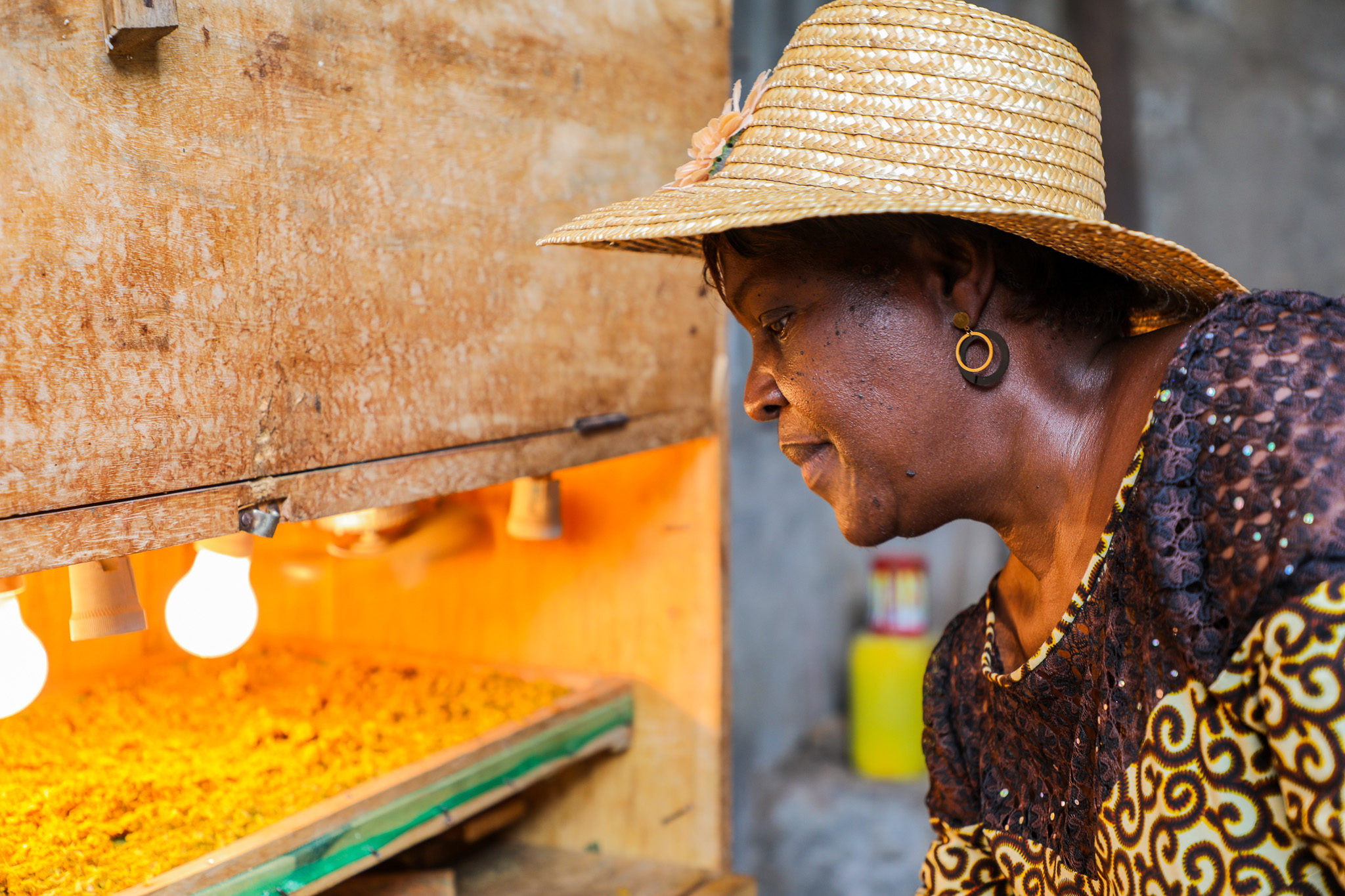
Ms. Basila Kulabuna, provincial president and national vice-president of RENAFER-RDC, the National Network of Rural Women's Associations of the Democratic Republic of Congo, as well as director of AGRIKCOM, shared with us during this visit the achievements of the project and the context in which women work. Ms. Kulabuna is a rural development technician, she has worked in agriculture since 2003, and in 2008 she was trained in the transformation of local agricultural products, in particular cassava into bread flour.
We are in Kongo Central, a province known for its agricultural activity. What can you tell us about the rural women we visited in the village?
Today we went down to the village of Kwakwa, where we help about 200 women in rural areas. Mainly, we produce cassava flour and recipes based on this flour. The government has now started talking about this cassava bread flour because wheat has just gone up in price; we could not afford to deprive our mothers and children of bread, and cassava bread flour allows us to have bread at a lower price. We also produce vegetables, cereals, honey, fruits, plantain chips, coconut chips and cassava snacks.
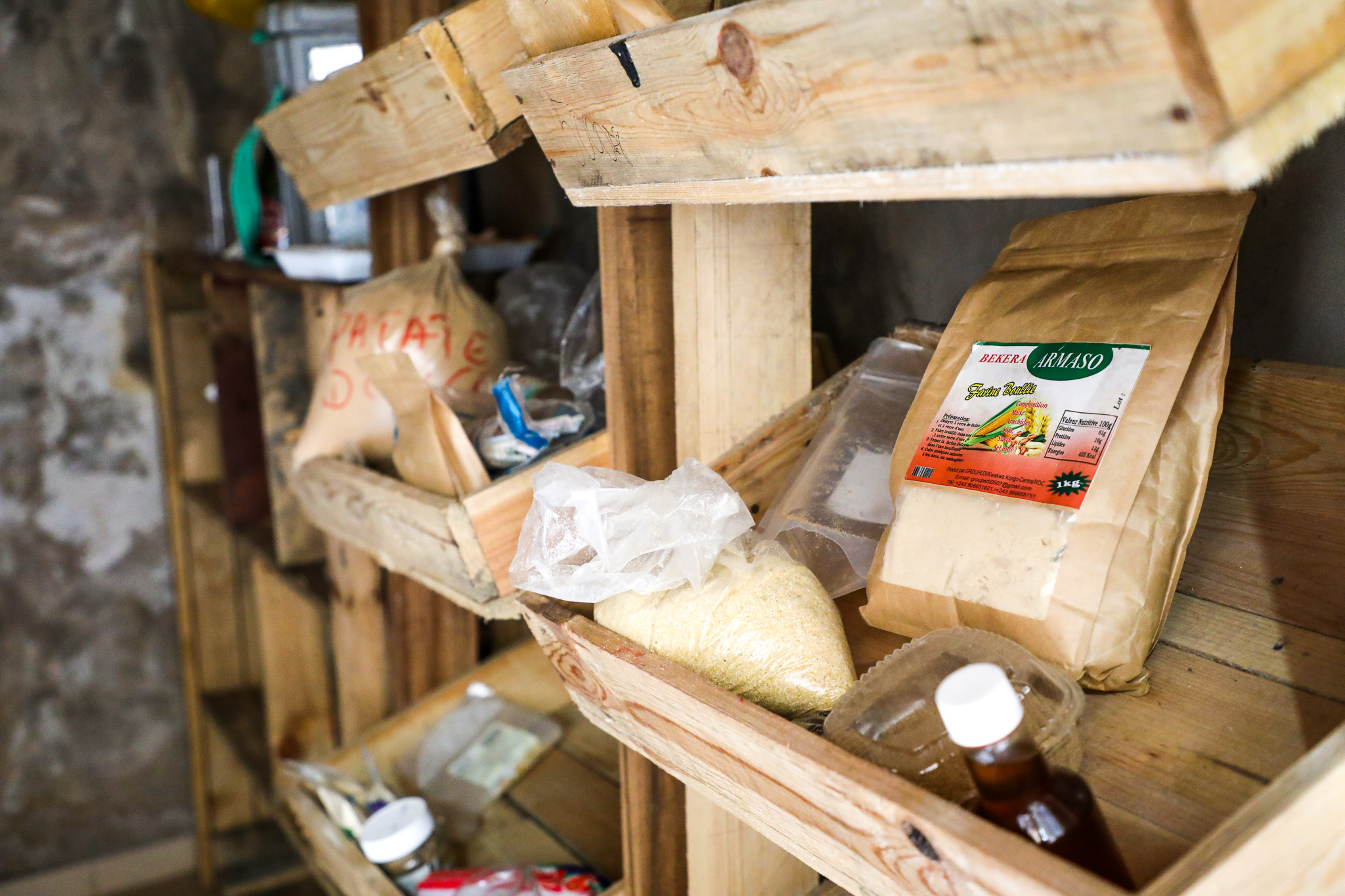
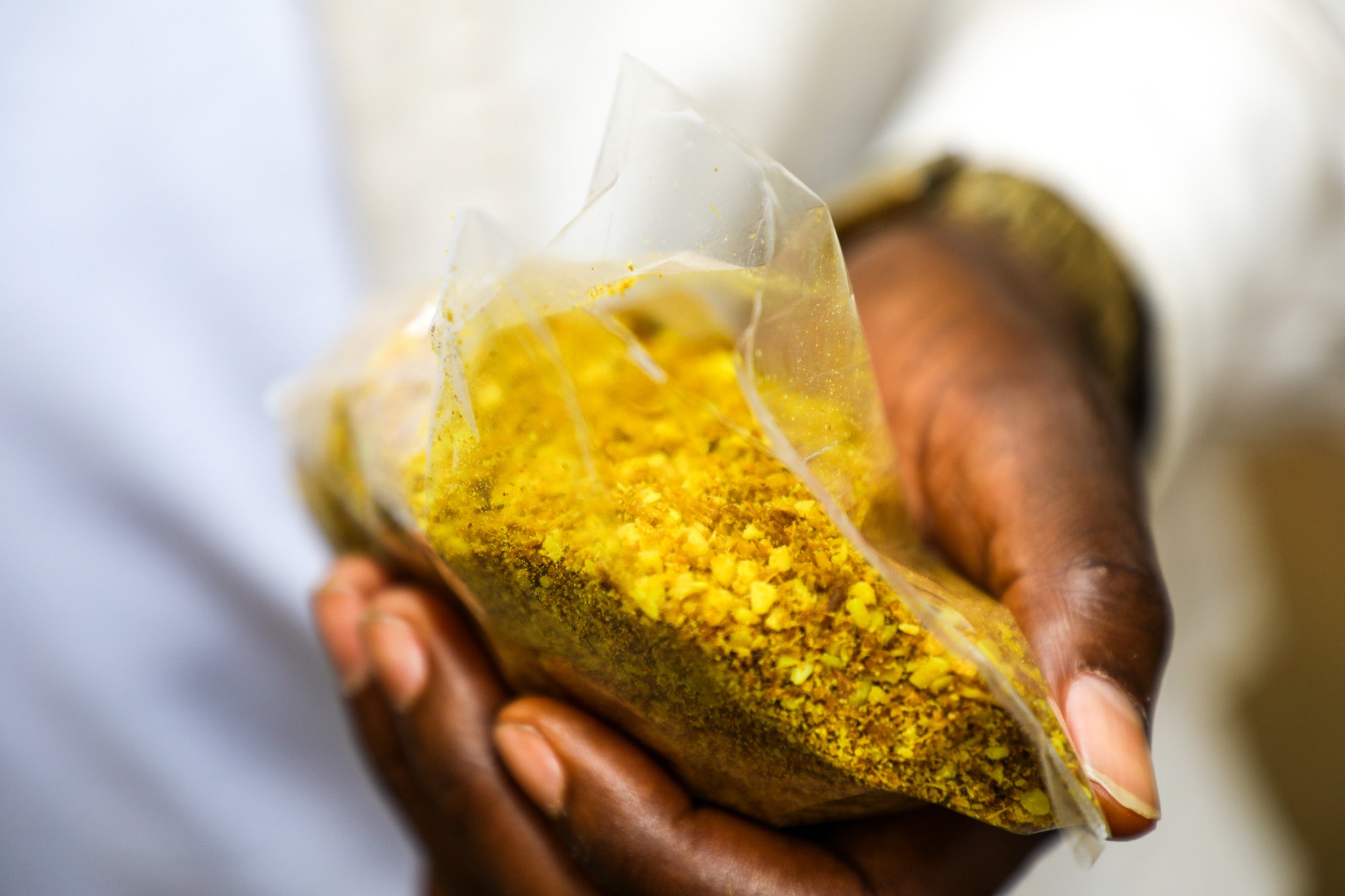
What is the situation of sexual and gender-based violence in the region?
In the area before arriving to Boma they have their own technique for market gardening. You have to start with clearingthe land. It is hard work, and a job that only men are allowed to do. At the beginning, when we arrived (AGRIKCOM), the women market gardeners were complaining; since clearing work is reserved for men, when women did not have money they found themselves obliged to give in to certain requests from men. We noticed the presence at the gardening site of several young mothers with many children and partners. Having a field to clear was equal to having a new partner. We said to ourselves that this sexual exploitation and abuse had to stop; it was the main reason why we started working here.
We decided (AGRIKCOM) it would be a good idea to clear the ground for the women as their business partners. Then, they do the maintenance of the field and harvest the vegetables. During the harvest, they have 40% of the production. Thanks to our collaboration, many women no longer need to depend on men for their work. Since 2020, the rate of pregnant girls and mothers has decreased significantly, several young girls have returned to school.
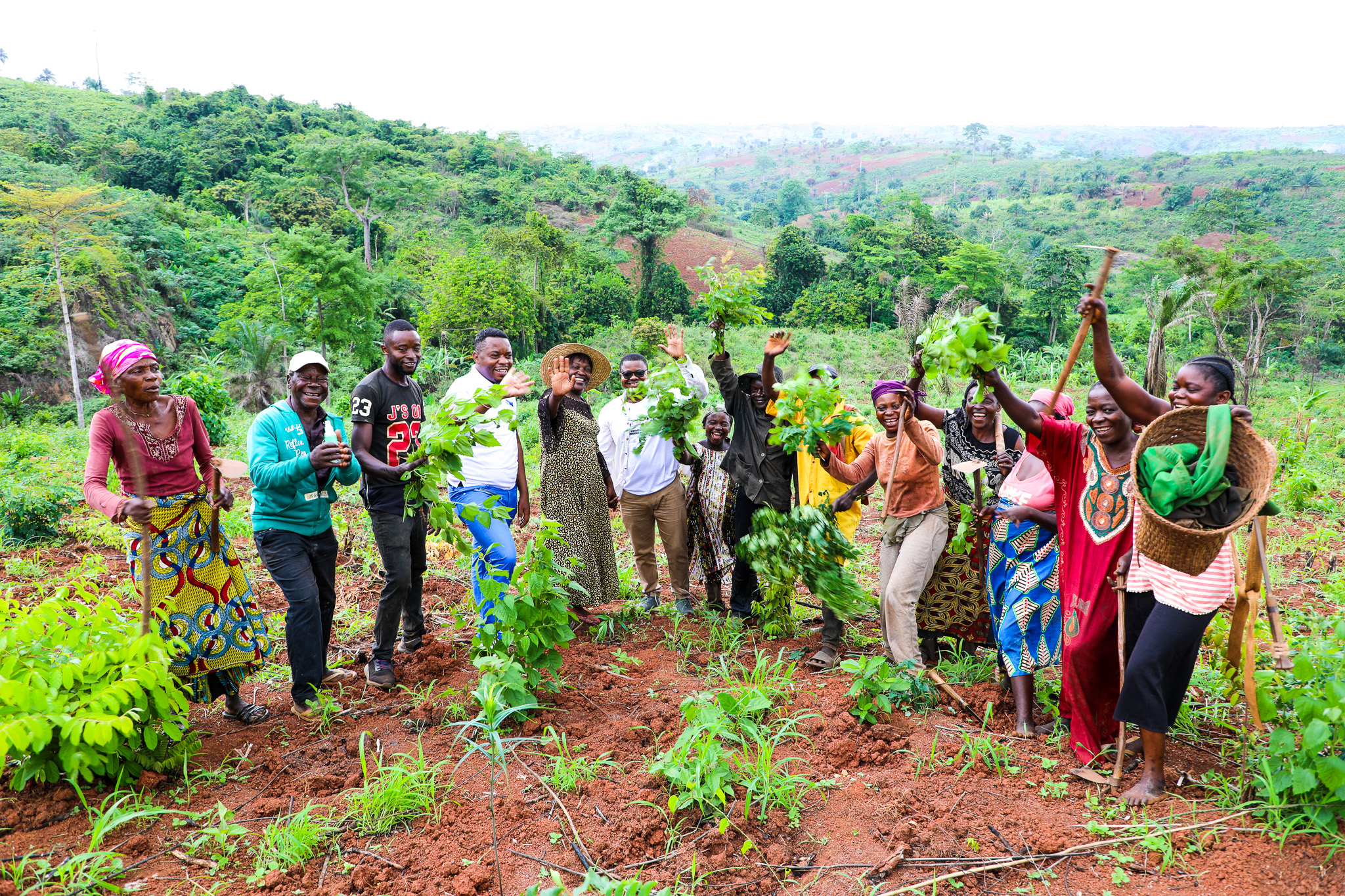
How has your work with UN Women helped you expand women's economic empowerment in the region?
Before, even if we were in the formal, there was only one category of people who knew us; now, thanks to the UN Women network, we move (AGRIKCOM) from village to village to give training to women. We provide training on processing local agricultural products, economic empowerment, eliminating sexual and gender-based violence, financial education and savings. Before, we had never grouped women by sector, but UN Women provided us with the information to organize them by sector and support them. Women are starting to create cooperatives to help each other get out of the informal sector and face the difficulties of the market together.
From a technical point of view, in the beginning, when we made bread flour, we had to wait two days for drying, but thanks to UN Women we have a dryer that dries 350 to 400 kilos of cassava per hour. My dream is to buy a cassava peeler to lighten the women's work.
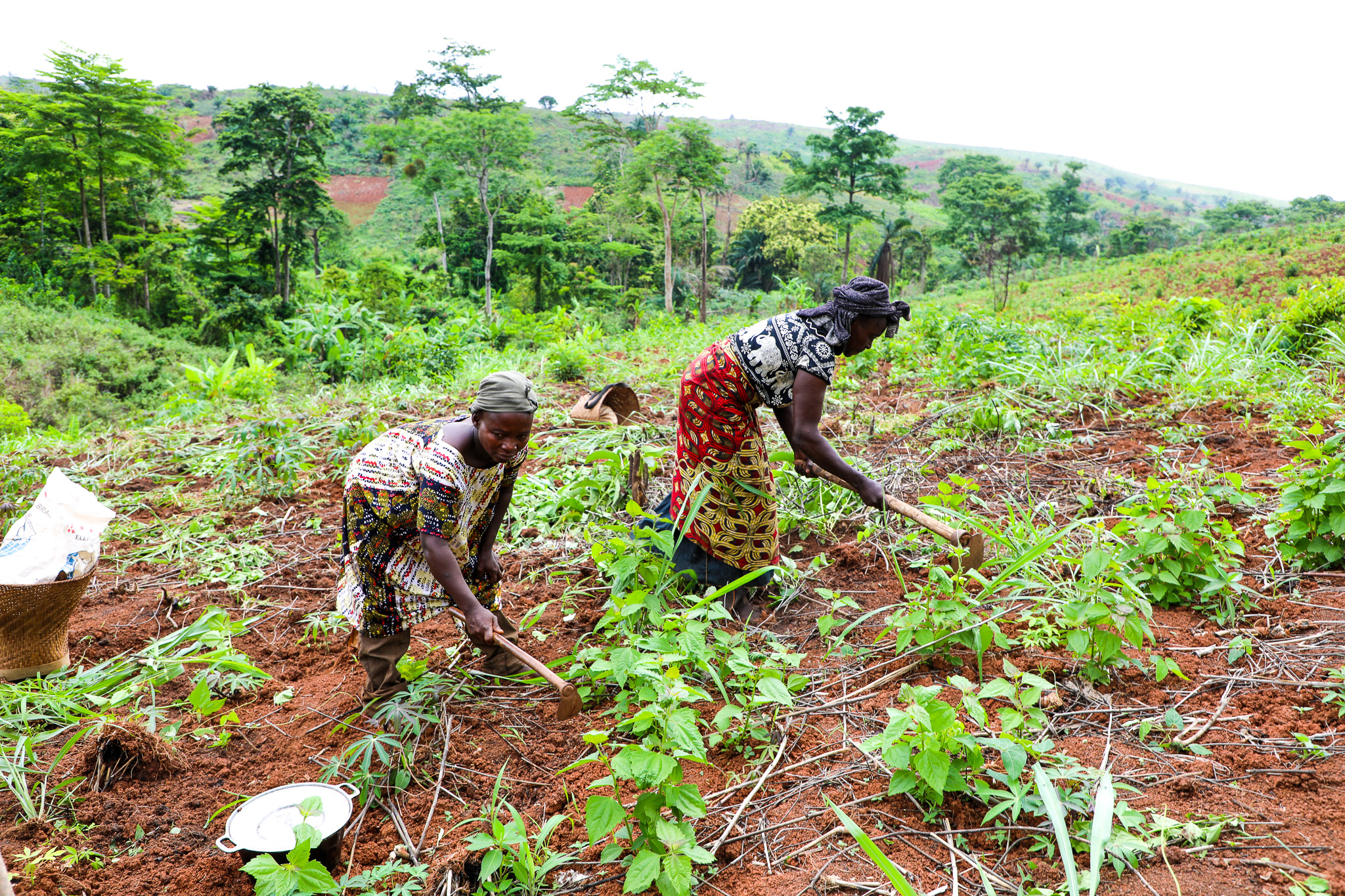
What is your message for Congolese women and girls?
I want young women and girls to start learning about entrepreneurship and economic independence from an early age. Nowadays, technology gives us access to information and courses, so make the most of it!
As a proud African woman, my message would be: let's consume what we produce and produce what we consume.